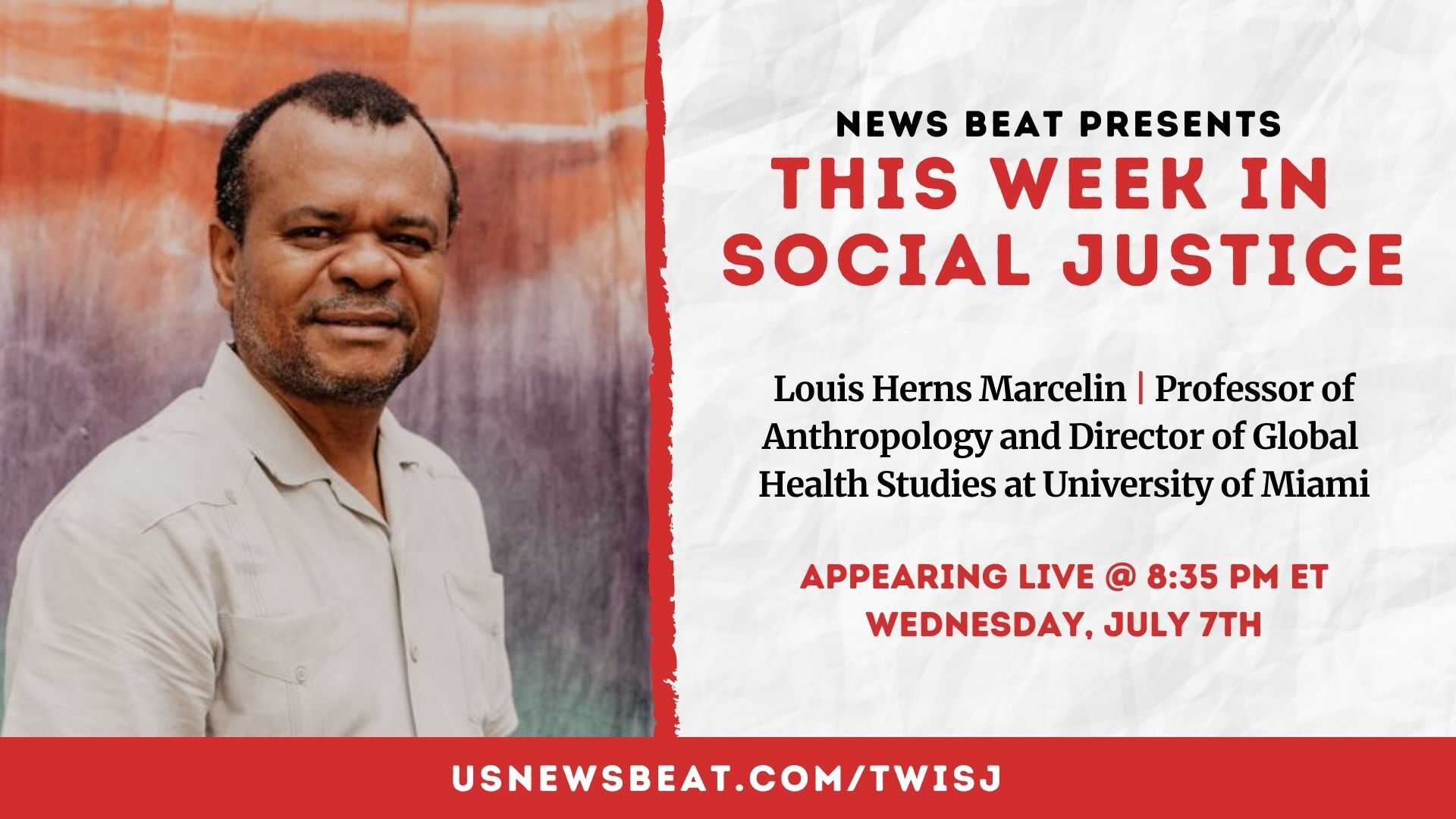The United States’ press freedom ranking fell for the second consecutive year, marking a disturbing trend for a nation that purports to be the beacon of human rights.
The troubling downward spiral is a continuation of the country’s poor showing in recent years under the leadership of President Barack Obama, whose presidency was characterized by an unprecedented crackdown on leaks. Obama’s anti-secrecy crusade was largely waged in the federal courts, while his successor, Donald Trump, has instead relished attacking the media in public, at one point venomously referring to the press as the “enemy of the American people.”
Reporters Without Borders, which each year releases its Press Freedom Index to grade 180 nations’ press freedom record, ranked the United States 45th in a report released Wednesday. That represented a two-spot decline from last year, the second year in a row in which the nation dropped two slots. The United States last improved in the rankings in 2016, when it regained eight spots after a humiliating fall to No. 49.
“In 2017, the 45th President of the United States helped sink the country to 45th place by labeling the press an ‘enemy of the American people’ in a series of verbal attacks toward journalists, attempts to block White House access to multiple media outlets, routine use of the term ‘fake news’ in retaliation for critical reporting, and calling for media outlets’ broadcasting licenses to be revoked,” Reporters Without Borders said in its 2018 Press Freedom Index, which came with the foreboding headline: “Hatred of Journalism Threatens Democracies.”
Listen to the full podcast episode:
"Freedom of the Press"
That the United States would continue its precipitous decline in RSF’s annual rankings appeared to be a foregone conclusion following Trump’s election. In his first press conference as president-elect, he repeatedly refused to entertain a question from CNN reporter Jim Acosta, who immediately objected to Trump rebuffing him, and by extension, his network. Trump justified maligning CNN by referring to the cable news outlet as “fake news,” a flagrant disavowal he often deploys to dismiss critical and unflattering news coverage.
“The U.S.’ decline in press freedom is not simply bad news for journalists working inside the country; the downward trend has drastic consequences at the international level."
– Reporters Without Borders
Remarkably, Trump’s public feud with the media has seemingly emboldened other political leaders across the United States. Last year, the Republican candidate for a Montana Congressional seat infamously assaulted a reporter for the Guardian—a viral episode that underscored how hostility toward the press went from verbal rebukes to criminal assault. A GOP official in Montana had later stated that she would have shot the Guardian reporter if she had been approached in a similar manner.
Listen to the full podcast episode:
"Collateral Murder Cover-Up"
Beyond the verbal and physical attacks, the Freedom of the Press Foundation has documented a rise in subpoenas being issued to journalists, and nearly three-dozen arrests last year of media personnel covering protests.
This period of delegitimizing the press is not unique to the United States. According to RSF: “More and more democratically-elected leaders no longer see the media as part of democracy’s essential underpinning, but as an adversary to which they openly display their aversion.”
The advocacy group concluded that its findings make clear attacks on the press are no longer limited to despots, and that others are co-opting Trump's “fake news” mantra.
“The U.S.’ decline in press freedom is not simply bad news for journalists working inside the country; the downward trend has drastic consequences at the international level,” the index stated. “‘Fake news’ is now a trademark excuse for media repression, in both democratic and authoritarian regimes. Democratic governments from several countries in the Organization of East Caribbean States (OECS), have adopted Trump’s favorite phrase when criticizing the work of journalists. Given that criminal defamation still remains on the books in many Caribbean countries, the spread of Trump’s anti-media rhetoric could have very serious consequences for the local press.”
Among the other factors that contributed to the United States' decline: a non-existent federal shield law to protect journalists from prosecution (which Vice President Mike Pence ironically championed when he was in Congress), the continued prosecution of whistleblowers under the Espionage Act, a World War I-era law intended to prosecute spies, and attacks on journalists at the local level.
In an interview, Margaux Ewen, RSF’s North American director, said: "While we do witness further decline, especially given the outwardly hostile rhetoric coming from the White House, we do have to just mention that there was already a very concerning situation for press freedom that predated his presidency. Journalists were arrested before he took office, before he even ran for election while covering protests. They also face denials of access. The Obama administration was notoriously tight-lipped on communicating its message to the press, and there was a lack of transparency that was really troubling to reporters covering the White House."
"But also there was, of course, this war of whistleblowers led by the Obama administration. So when Trump came into power he kind of inherited this disappointing legacy for press freedom. But with outward hostility, when for example, Trump refers to journalists as 'enemy of the people,' or he insults individual journalists, calls media outlets or specific reports 'fake news' at every chance he gets in order to discredit reporting that he feels is too critical to his presidency, that has a different impact."
White House Press Secretary Sarah Huckabee Sanders rejected the critiques identified in the Index, claiming that the Trump administration is among the most accessible in decades.
In response, Ewen told us the "obstacles to reporting" that journalists face in the United States are numerous. She pointed to a number of subpoenas being issued to reporters, physical attacks, and the seizure of equipment. Of the more than 30 arrests of journalists in 2017, she said: "I don't think that any person can look at that number and objectively say that is not a worrying trend in the country of the First Amendment."
While Norway and its Nordic neighbor Sweden landed first and second, respectively, Ewen cautioned that press freedoms are in decline worldwide, including in the highest-ranking nations.
For press freedom advocates, the news is no doubt disconcerting, considering that repeated attacks on the media is par for the course in Washington.
While many in the media have been falling over themselves to interview ousted FBI Director James Comey, the newly minted best-selling author has largely escaped scrutiny for his role in prosecuting journalists’ sources.
Comey’s disdain for leakers was made public last week, when a series of memos were released detailing the then-FBI chief’s interactions with Trump.
"I said something about the value of putting a head on a pike as a message," Comey wrote in the memo. "[Trump] replied by saying it may involve putting reporters in jail. 'They spend a couple days in jail, make a new friend, and they are ready to talk.'"
According to Comey’s own memos, he “laughed” and walked out of the room.
It would seem the feuding rivals actually agree on something, and the implications of broad disapproval of leakers should concern everyone.



.jpg)





